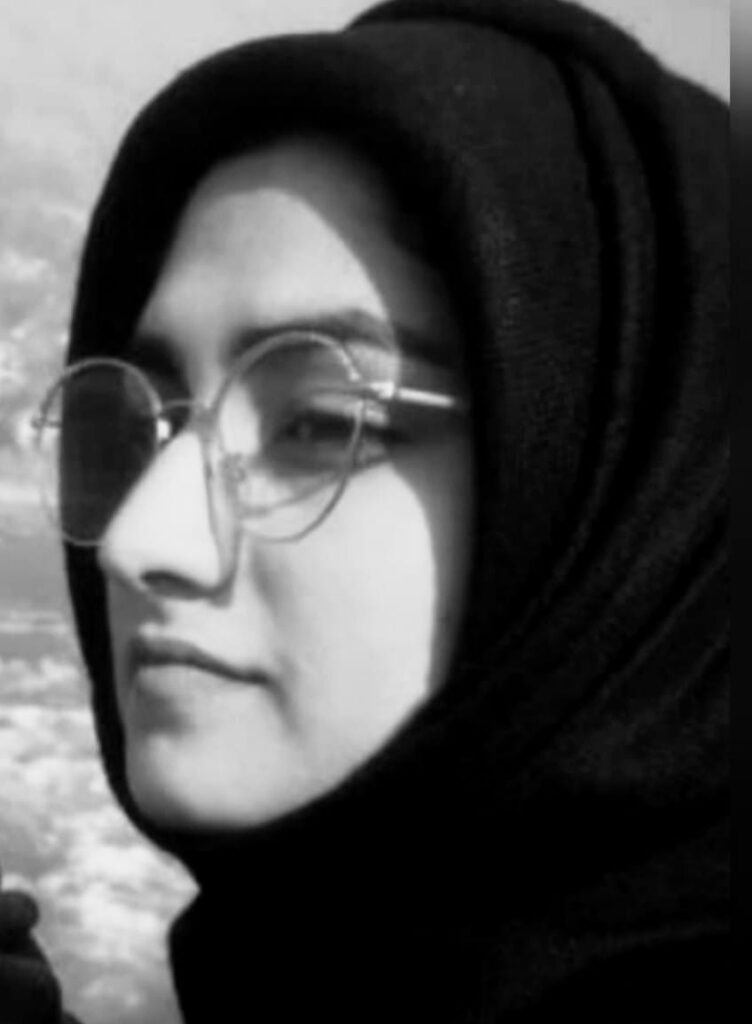Sheikh Farkhanda
Canada on Tuesday threw out an Indian diplomat identified as the senior intelligence officer at the embassy after the country’s Prime Minister Justin Trudeau alleged the Indian government may have been behind the killing of Sikh separatist leader Harjeet Singh Nijjar in Columbia. In response, India expelled a Canadian diplomat in a tit-for-tat move, signaling an extraordinary spate of diplomatic tensions between the two countries. Trudeau on Monday, in an explosive speech, told the Canadian Parliament that there were “credible allegations” that India was involved in the fatal shooting of a Sikh leader in Surrey, a Sikh-dominant area of the country. The Canadian Sikh community, a large number of whom are Indian-borne, has strongly condemned the alleged Indian involvement in violence against its members on Canadian soil with some separatist leaders calling for equally violent measures against Canadian Hindus, saying “their destination is India”. The diplomatic relations between the two countries are at their lowest. On his visit to Canada in April 2015, the Indian Prime Minister had termed the two (Canada and India) as the result of the math formula (a+b)2=2ab.
Prior to this, the Canadian Prime Minister on his official visit to India to participate in the G20 meeting was treated differently according to several media reports. It is pertinent to mention that a similar behavior was displayed when Bilawal Bhutto Zardari, Pakistan’s foreign minister, arrived in Goa in May this year to attend a Shanghai Cooperation Organization (SCO) conclave. Canada is not the only country to announce India’s involvement in killing significant leaders outside of its territorial horizons. Since February this year, two prominent Kashmiris believed to be associated with Kashmiri resistance groups have been shot dead inside Pakistan. On 20th of February, unknown assailants fired on Bashir Ahmad Peer from point-blank range when he was coming out of Masjid after offering eveningprayers near his residence in Islamabad. Peer, famously known as Imtiaz Aalam, his nom de guerre, had migrated from Kupwara district of Indian Held Kashmir in the 1990s after Indian troops killed his father and brother. On 9th September, in a similar fashion, Muhammad Riaz alias Abu Qasim Kashmiri was shot dead inside a Masjid in Azad Kashmir’s Rawalakot. Qasim has also lost his father and brother to Indian troops during the early 90’s in IHK’s Poonch area.
Qasim and Aalam are not the only two people killed inside Pakistan. Near to a half dozen non-Kashmiri leaders linked to different organizations, often armed ones, have been killed in different areas in the country. Significant Kashmiri leaders based in Pakistan including the United Jihad Council chief Syed Salahuddin Ahmad and the country’s top intelligence officers have, directly or indirectly, accused India of Killing these people inside the Pakistani territories. It is important to note that Kashmiris have been fighting for their right to self-determination and an overwhelming majority of them being pro-Pakistani’s, fighting for a merger with Pakistan. Now the pivotal question emerges:If Pakistani authorities truly believe that India is responsible for these killings, can Pakistan go the Trudeau way and call out India for being a rogue state and executing extraterritorial actions? Is the country in a position to confront India the way Trudeau did? Pakistan has been consistently raising the Kashmir Issue on different international forums and severely castigating the Indian state for killing Kashmiris in cold blood. Can the authorities in this country deliver justice to the ones killed on the Pakistani soil? Pakistan should consider adopting a Trudeauesque approach in openly condemning India for actions committed beyond its borders. It is essential to emphasize the principle of accountability and justice and If Pakistan has credible evidence pointing towards India’s involvement in these killings on Pakistani soil, it has a moral obligation to pursue justice for the victims and their families. This pursuit of justice aligns with international norms and the rule of law, demonstrating Pakistan’s commitment to upholding human rights and the sanctity of its territory.

